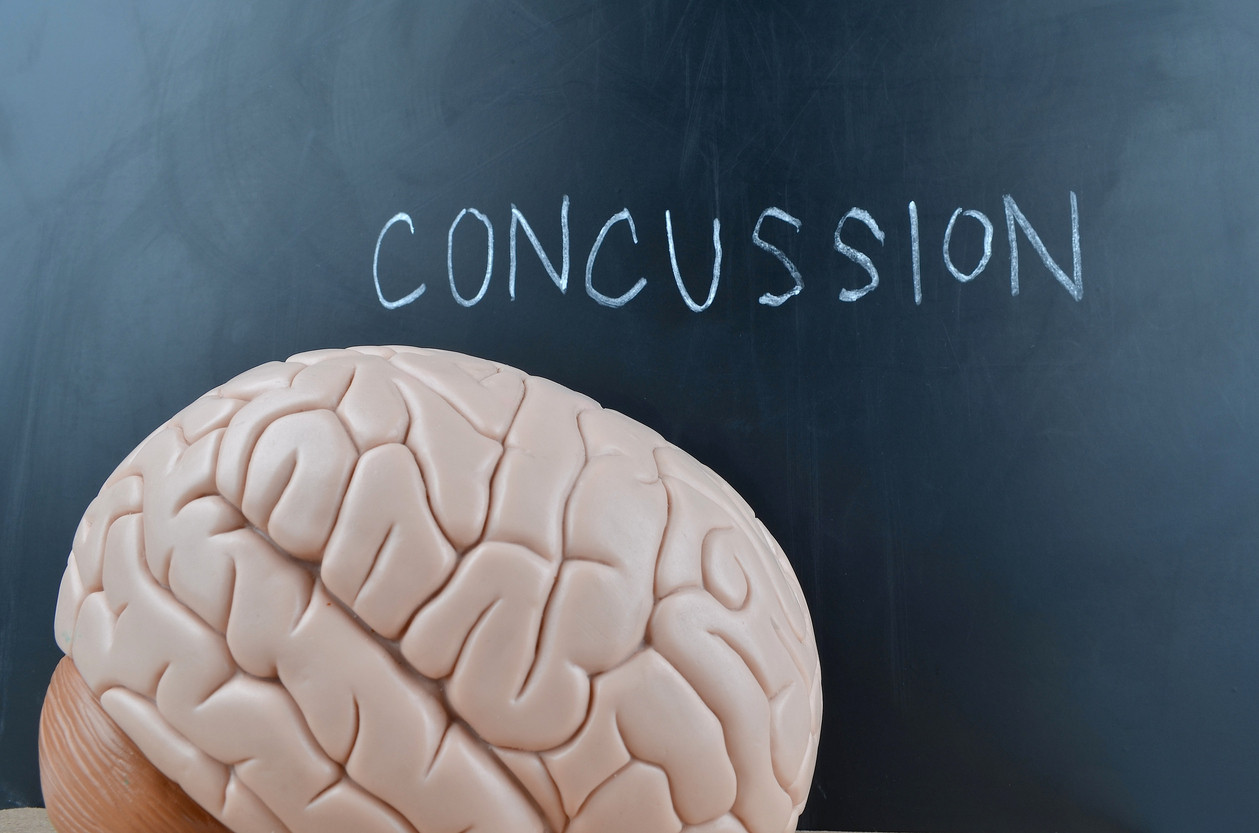Is there really a blood test to diagnose concussion?

In the past year and a half, various news stories may have led some people to believe that there are blood tests that can diagnose or unmask concussions with a single drop of blood. For individuals who have recently received a bump, hit, or jolt to the head and are wondering if they have sustained a concussion, this may sound like a simple way to find out. Unfortunately, for now it probably isn’t.
What do these blood tests actually do?
Simply put, these tests measure substances, such as proteins and enzymes, that are released into the blood within hours of a brain injury when there is intracranial damage (including bleeding in the brain). Such brain damage is often observable via a CT (computed tomography) or MRI (magnetic resonance imaging) scan. If the levels of these substances are below certain cutoff values, this suggests that no such observable intracranial damage has occurred, and a scan can be safely avoided. Therefore, these tests hold promise for avoiding unnecessary imaging scans, saving on medical costs, and — importantly — avoiding unnecessary radiation exposure from CT scans. As these tests evolve, they may prove to be more sensitive than CT scans at determining intracranial damage.
What happens when a person seeks treatment for a traumatic brain injury (TBI)?
When someone experiences a trauma to the head and a possible brain injury is suspected, they are often taken to a trauma center or ER. Physicians need to determine fairly quickly whether the person is safe to go home, or if a patient requires a brain scan to identify more serious and/or potentially life-threatening injuries to the brain, such as bleeding. In moderate to severe TBIs, the need for imaging is fairly obvious. However, when someone has symptoms of a mild TBI (also called a concussion), the need for a CT scan, the type of scan most typically performed in these cases, is much less clear.
In a majority of mild TBI cases, a CT scan finds no abnormality and is ultimately unnecessary for many people. CT scans are expensive, not always practical or possible, and expose patients to radiation that is preferably avoided. It would be ideal if unnecessary CT scans could be safely prevented without doctors missing a more serious brain injury. Here is where a blood test may be useful: rather than undergoing a CT scan, if a person has this blood test and shows no increase in the proteins and enzymes that indicate intracranial damage, then they can forego the CT scan and should be safe to go home. One estimate is that up to about a third of unnecessary scans may be avoided by using a blood test. However, if used in a way to confirm the presence of a concussion, current TBI blood tests would result in many false negatives, meaning that the test would say there was not a concussion when there really was one.
How do you know if you’ve suffered a concussion?
A concussion is a mild form of a TBI. There is no single definition, but many medical groups agree that a concussion typically involves some type of hit, jolt, or other force that causes the brain to smash inside the skull and cause a change in consciousness. A person might experience blacking out (even very briefly), some loss of memory surrounding the event, or a period of feeling dazed, disoriented, or confused immediately after the injury. Simply put, if a person suffers a blow or force to the head that causes any of these changes in consciousness, then a concussion has occurred.
In most cases, there will be no visible signs of injury to the brain on a CT scan. Positive imaging findings, i.e., CT or MRI findings that do show damage to the brain, are not required for a diagnosis of a concussion. Although there is damage, the damage that occurs to the brain in a simple concussion is typically not detectable on a CT scan. So a TBI blood test may be useful in trying to indicate if something more than a simple concussion has occurred, but it will not tell you — at least not yet — whether you sustained a simple concussion.
This is important to recognize because, even in the absence of visible damage to the brain after a concussion, and/or a negative TBI blood test, patients still may have symptoms related to such a concussion, which include headaches, nausea, dizziness, memory or concentration problems, and mood changes.
TBI blood tests may hold promise for reducing radiation exposure from CT scans, and they are also evolving to have other promising uses. Currently a blood test is not the answer to determining whether you have a concussion. What is important to note is that if you do have a concussion, you follow the protocols recommended by your doctor.
About the Author

Eve Valera, PhD, Contributor
Disclaimer:
As a service to our readers, Harvard Health Publishing provides access to our library of archived content. Please note the date of last review or update on all articles.
No content on this site, regardless of date, should ever be used as a substitute for direct medical advice from your doctor or other qualified clinician.















